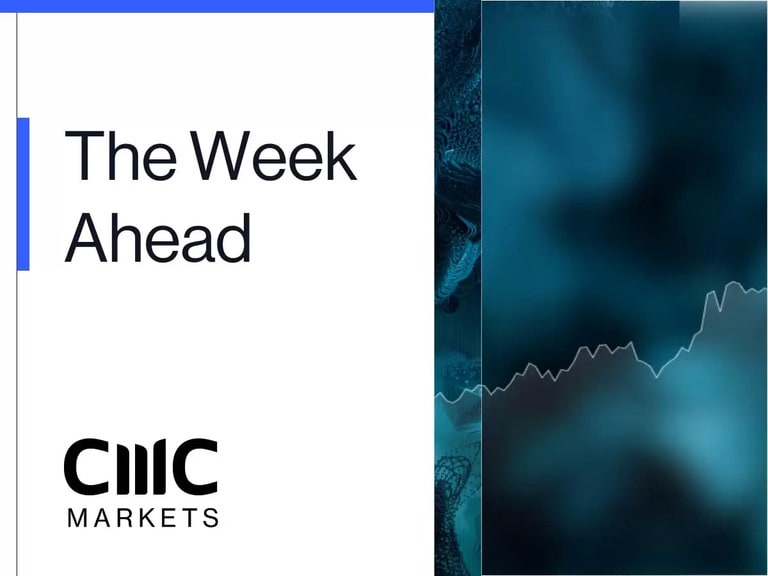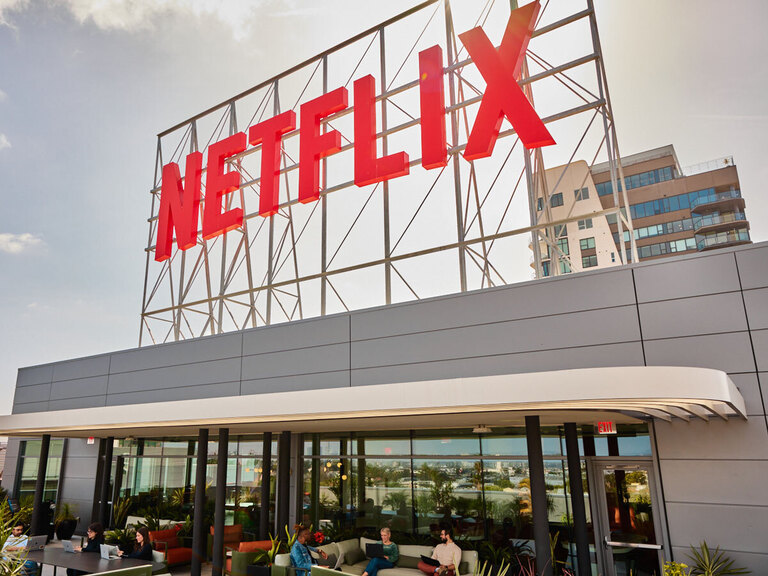We look set for a quiet end to the week, as we head towards the weekend and a shortened US session, in the wake of yesterday’s Thanksgiving holiday.
Asia markets traded in a fairly subdued fashion with the only data of note being a big improvement in Chinese industrial profits data for October, which showed a 28.2% increase, the best one-month gain since December 2011. This appears to offer further evidence that the Chinese economy has continued to gather momentum after its February lockdown, pulling away from the rest of the world in the process, as other countries battle a resurgence of the coronavirus. For now, China appears to have avoided the fate of a coronavirus resurgence, which bodes well for a strong end to the year, as economic confidence slowly continues to return after a difficult start to the year.
Markets in Europe also appear to be taking a pause as we come to the end of the week, with only one other full trading day left until month end, in a month that has seen some of the best gains in over a decade. The FTSE 100 is underperforming and could finish the week lower, as it falls back for the third day in succession, and below last week’s lows.
This end of week caution appears to be predicated on concern over the short-term economic outlook, as the extension of tighter restrictions on economic activity in France, Germany and the UK creates further uncertainty over the potential for permanent economic scarring as we head into 2021. The vaccine story is undoubtedly good news, however there is some concern as to what the economic landscape will look like when we come out of the other side of winter.
This has seen early weakness in the likes of travel and leisure stocks, with IAG, easyJet, International Hotels Group, Whitbread and Cineworld all slipping a little in early trade.
Yesterday’s new lockdown restrictions for December weren’t good news for the hospitality sector after most of England was placed into tier 2 or tier 3 restrictions for the period leading up to Christmas. The pub sector has been one of those hit the hardest, with JD Wetherspoon this morning releasing its latest business update in response to the new restrictions. CEO Tim Martin didn’t hold back, claiming that the government had merely replaced one form of lockdown with another by stealth, with little in the way of evidence that pubs were a transmission vector. The company said that 366 pubs would remain closed, with 315 of those in tier 3 areas, and 51 in Northern Ireland and Scotland.
Outsourcing group Capita Group's share pricehas been on a decent run of late, more than doubling from its October lows. Two weeks ago, the company released a trading update that showed trading was well within expectations, as operating profits for the first six months rose from £12m to £36m. CEO Jon Lewis said that the company was continuing to look at strengthening the balance sheet with the disposal of non-core assets, which included the proposed sale of the education business. This morning’s news that the company is in talks with Montagu about the disposal of this business has seen the shares continue to move higher.
The recent news out of Spain that saw BBVA and Sabadell announce they were in merger talks appear to have run aground after talks were ended over the price. The banking sector in Spain could do with some consolidation, and BBVA having only recently sold off its US operation, certainly had the cash to do a deal with Sabadell. BBVA has been one of the more prudent Spanish banks this year, setting aside up to €4bn in respect of non-performing loans this year, as the coronavirus rages across Spain. Sabadell is by far the smaller bank in terms of size and assets which makes the decision to call time on the discussions all the more puzzling. The bank has seen its adjusted net income shrink from €1bn in 2016 to as little as €242m in the nine months to September, and is clearly struggling.
EU/UK trade talks are set to resume on a face-to-face basis today, after one of the negotiators on the EU side tested positive for Covid-19 and the talks had to revert to online. There are still mixed messages about how well they are going, with clear blue water still between the two sides on fishing rights, as well as disagreements on state aid and a level playing field. The pound nonetheless continues to hold up reasonably well despite the ongoing uncertainty, perhaps on the basis that we will eventually see some form of bare bones deal on a just-in-time basis. Michel Barnier confirmed that he would be travelling to London this evening to this effect.
Gold prices are back looking a little soft this morning, though it still remains above the $1,800 an ounce support level, where we also have the 200-day moving average. A break here could well see further losses towards $1,760, as positive sentiment around a possible vaccine continues to weigh on demand for the traditional safe-haven asset. A stronger US dollar could also be a catalyst for further gold weakness. That certainly doesn’t mean that central banks and governments are done with further stimulus measures; far from it, but the more positive tone for risk assets is dulling the short-term allure of the yellow metal.
Crude oil prices have started to slip back after some big gains as rumblings from some of the smaller OPEC countries about extending the current output curbs for another three months. OPEC is looking to extend the current production caps; however, this is getting some pushback from the likes of Iraq and the UAE who want to start upping their output, at a time when economic activity in 2021 could start to see a significant pickup.
Bitcoin is back in the news after a strong sell-off yesterday after falling short of the previous highs in 2017. While the big sell-off yesterday is grabbing the headlines, the cryptocurrency is still up over 60% since the end of September, and is up over 100% year to date, both of which garnered relatively few headlines.
US markets look set to open a holiday-shortened trading day broadly unchanged, with the tech sector likely to be in focus on reports that the UK is setting up a new digital markets unit within the CMA to look at anti-competitive behaviour, which is due to be up and running by April next year. Let’s hope this new unit understands the markets it is overseeing better than the CMA, which has shown itself to be rather business-illiterate in some of its recent rulings; the Footasylum/JD Sports ruling being a recent case in point.
US retailers are also likely to be in focus in the context of how well they do in relation to Black Friday sales in these very difficult times.
Disclaimer: CMC Markets is an execution-only service provider. The material (whether or not it states any opinions) is for general information purposes only, and does not take into account your personal circumstances or objectives. Nothing in this material is (or should be considered to be) financial, investment or other advice on which reliance should be placed. No opinion given in the material constitutes a recommendation by CMC Markets or the author that any particular investment, security, transaction or investment strategy is suitable for any specific person. The material has not been prepared in accordance with legal requirements designed to promote the independence of investment research. Although we are not specifically prevented from dealing before providing this material, we do not seek to take advantage of the material prior to its dissemination.







